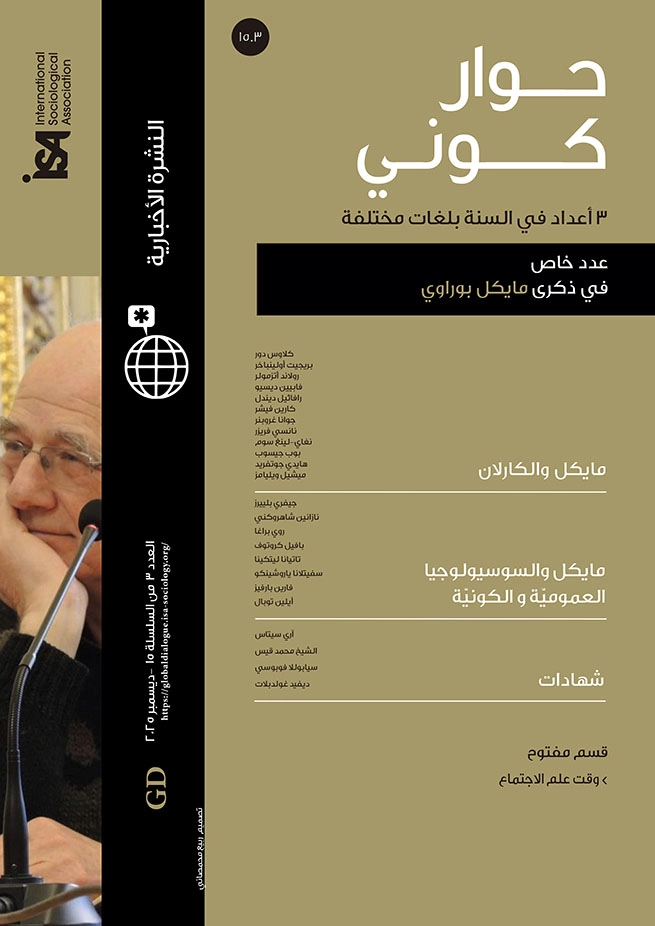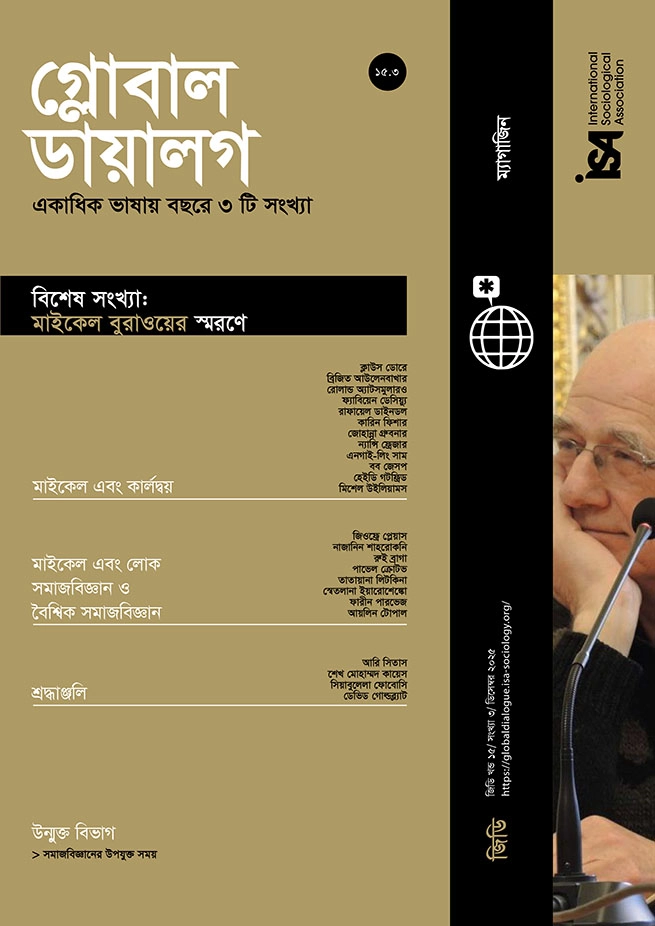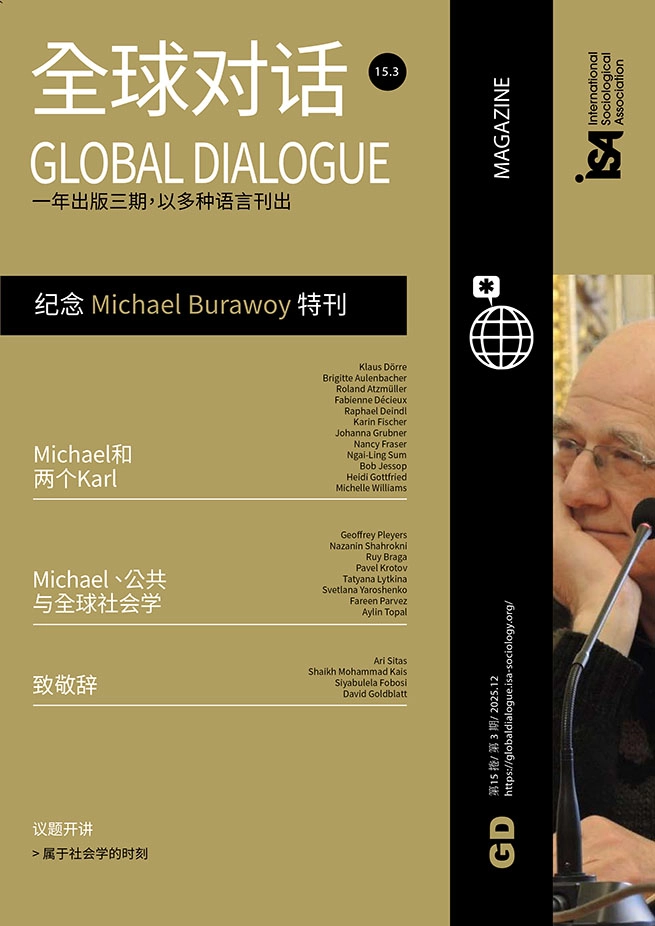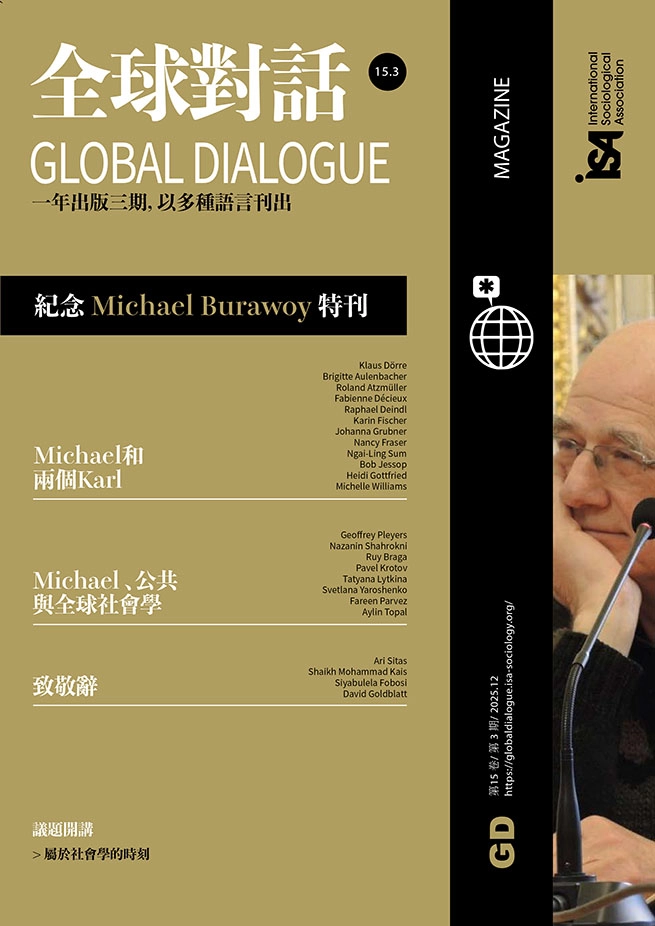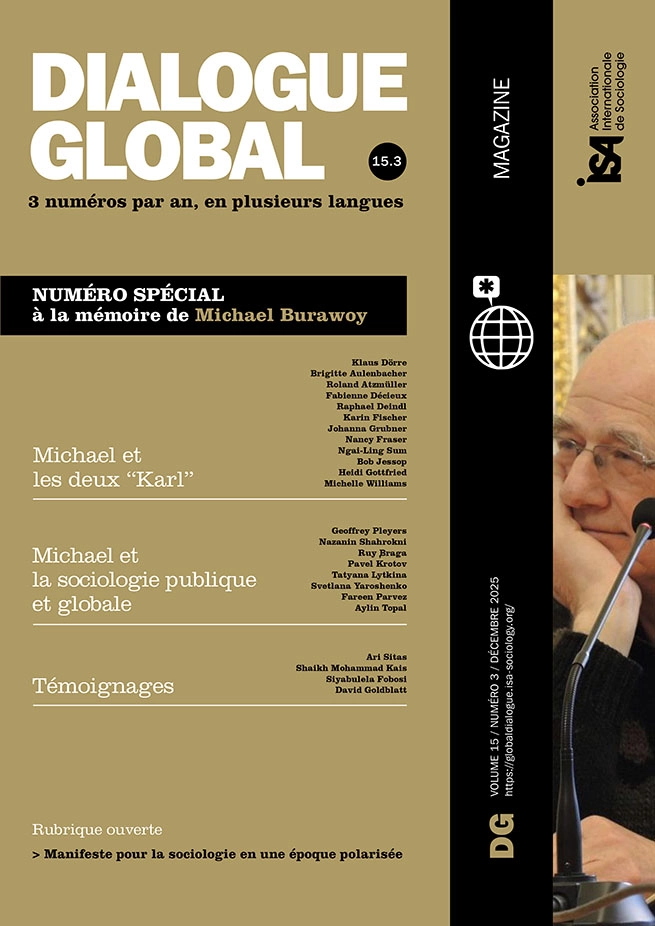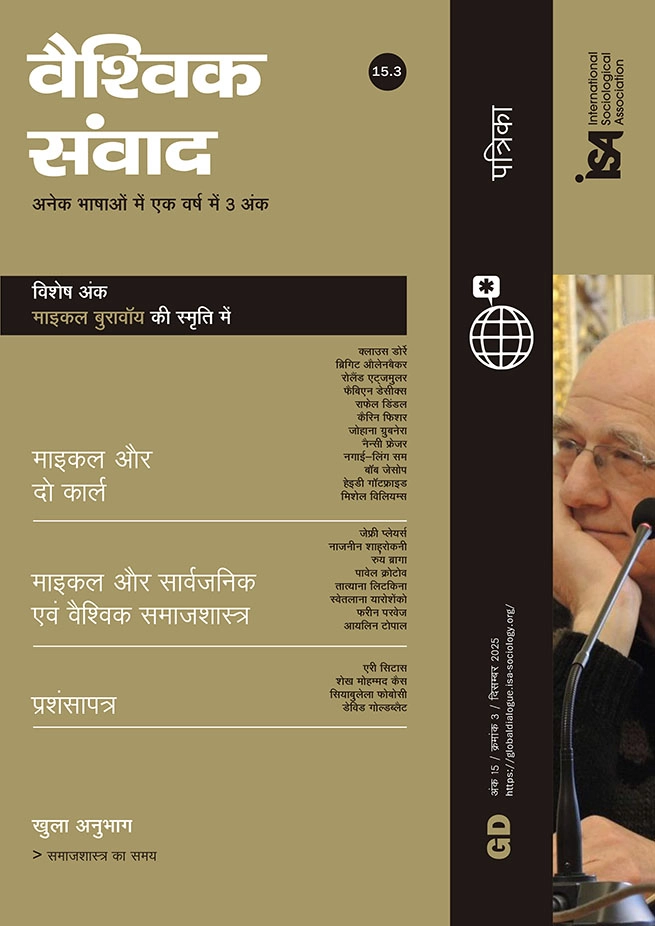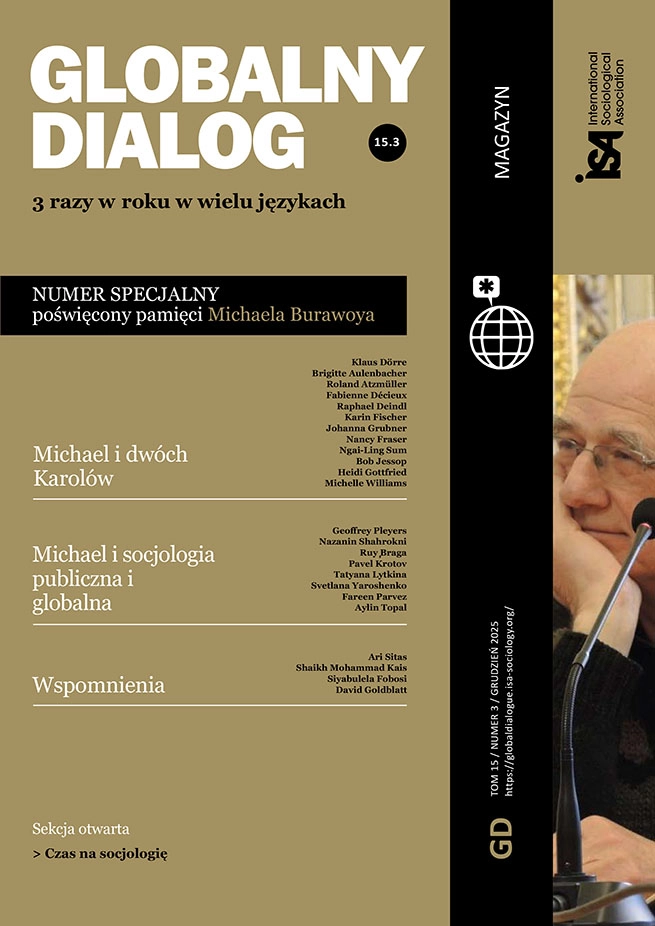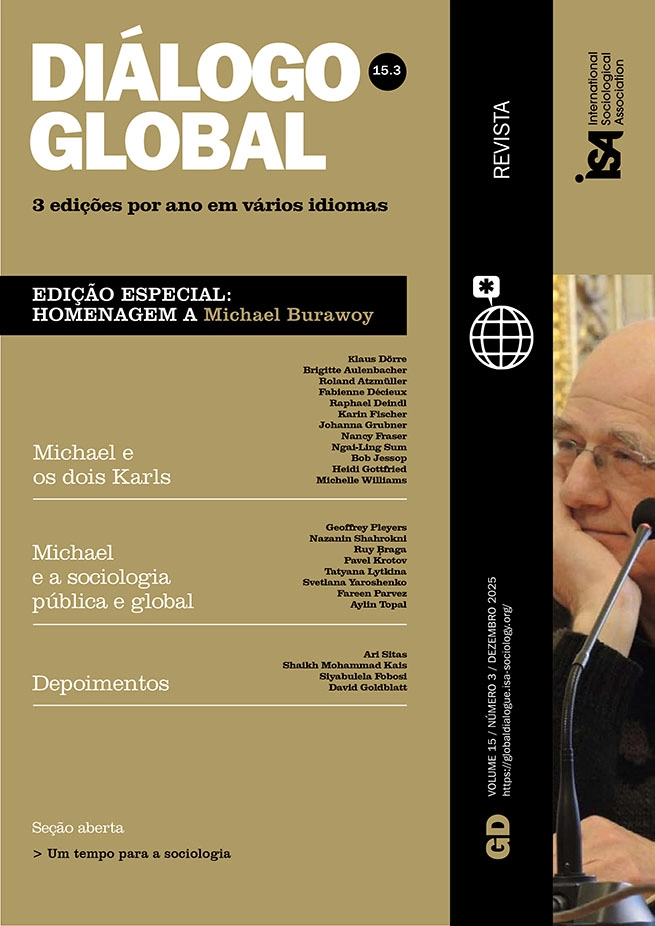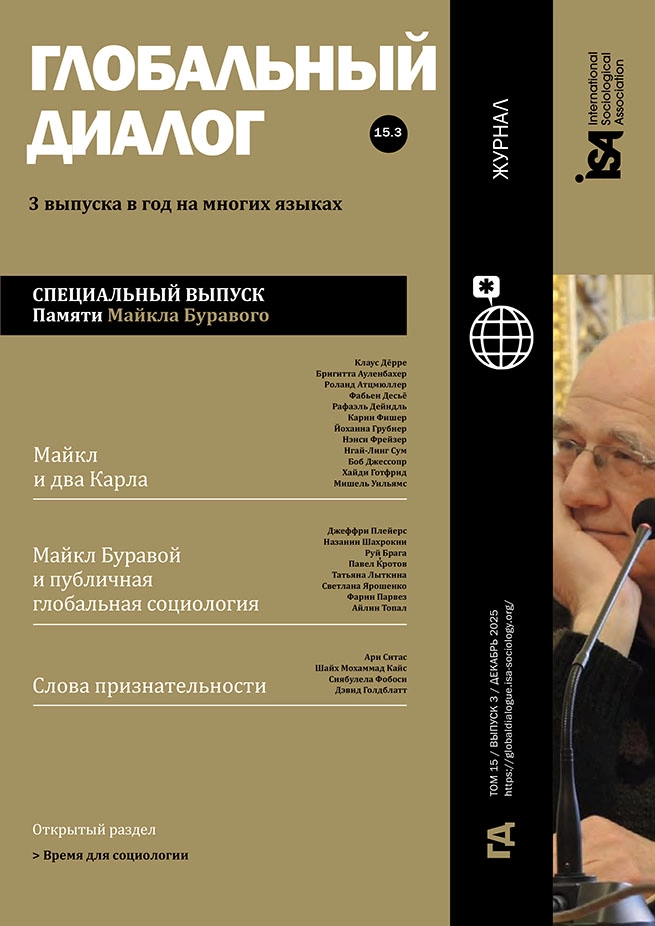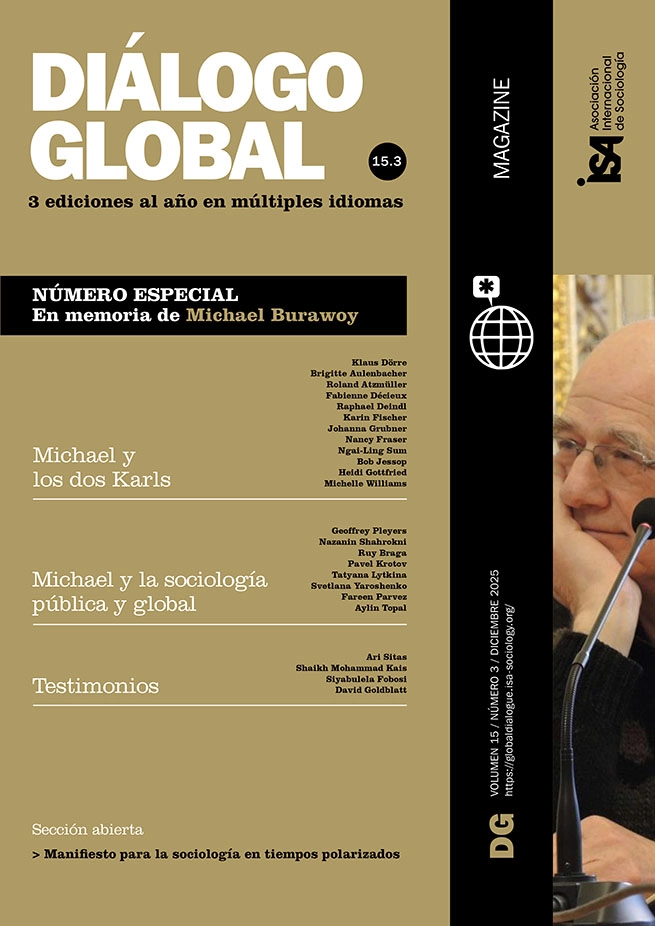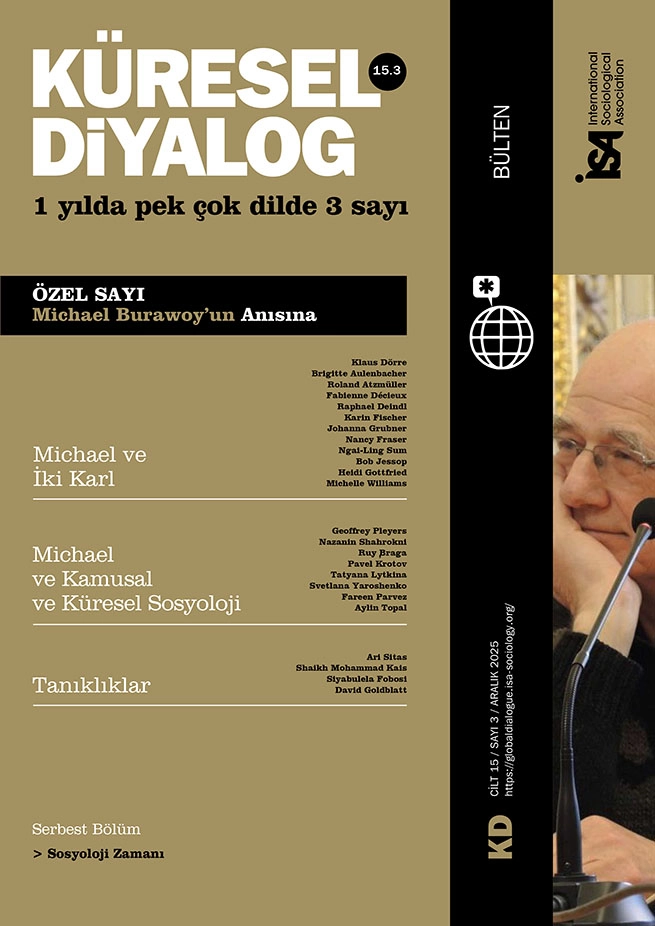Honoring Michael Burawoy: A Marxist Lens on South Africa’s Minibus Taxi Industry
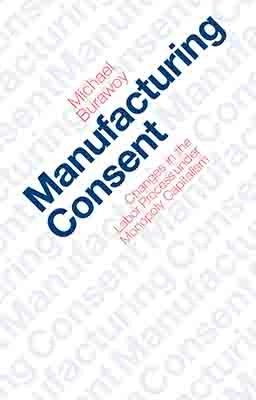
November 19, 2025
Michael Burawoy stands as a towering figure in sociology, particularly in the realm of public sociology, where his ethnographic methods and Marxist insights have reshaped understandings of labor, capitalism, and state power. His work has provided a critical lens through which scholars analyze systems of exploitation and resistance within capitalist economies. In paying tribute to Burawoy’s scholarly contributions, we find that his theories remain profoundly relevant in contemporary studies, including those examining South Africa’s minibus taxi industry.
Burawoy’s seminal work, Manufacturing Consent, published in 1979, laid the foundation for understanding how workers navigate exploitation under capitalism, often consenting to their own subjugation through workplace structures and state policies. His critique of state interventions and capitalist reforms offers a powerful framework within which to dissect the dynamics of informal labor markets. Nowhere is this more pertinent than in South Africa’s minibus taxi industry: an informal yet essential sector that emerged from the apartheid-era’s spatial segregation and continues to operate under conditions of precarious labor.
The deregulation of the industry in the late 1980s, which allowed for rapid expansion, aligns with Burawoy’s notion of “strategic selectivity”, whereby state policies deliberately favor formalized capitalist enterprises while neglecting or marginalizing informal economies. This theoretical perspective helps explain why successive government interventions, including the Taxi Recapitalisation Programme (TRP), have failed to substantially improve the livelihoods of minibus taxi workers. Instead, these interventions have largely served the interests of capital, modernizing infrastructure while failing to address labor conditions.
Sociological inquiries into the minibus taxi industry, such as my own, echo Burawoy’s insights into labor fragmentation and the structural exploitation of workers. My research illustrates how minibus taxi drivers, operating without contracts, benefits, or legal protection, face economic insecurity and are subjected to market-driven competition that erodes their bargaining power. My analysis of state policies reinforces Burawoy’s argument that reforms within capitalist structures often prioritize economic efficiency over workers’ rights.
As Burawoy’s work reminds us, meaningful change requires more than policy shifts; it demands organized resistance and structural transformation. Applying his Marxist framework, scholars and activists can advocate reforms that prioritize labor protection, equitable state subsidies, and collective bargaining for minibus taxi drivers. These efforts not only honor Burawoy’s intellectual legacy but also advance the struggle for justice within informal labor sectors.
Michael Burawoy’s commitment to public sociology underscores the necessity for engaged scholarship in confronting social injustices. His work remains a guiding force for those seeking to unravel the contradictions of capitalism and advocate equitable labor relations. In honoring his contributions, we reaffirm the role of sociology in fostering a more just and humane society.
Siyabulela Fobosi, University of Fort Hare, South Africa <sfobosi@ufh.ac.za>

